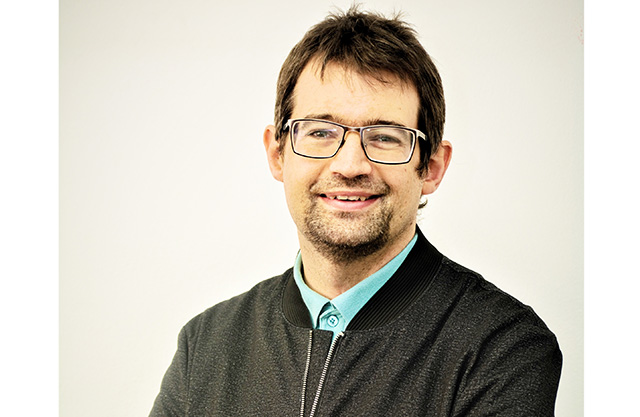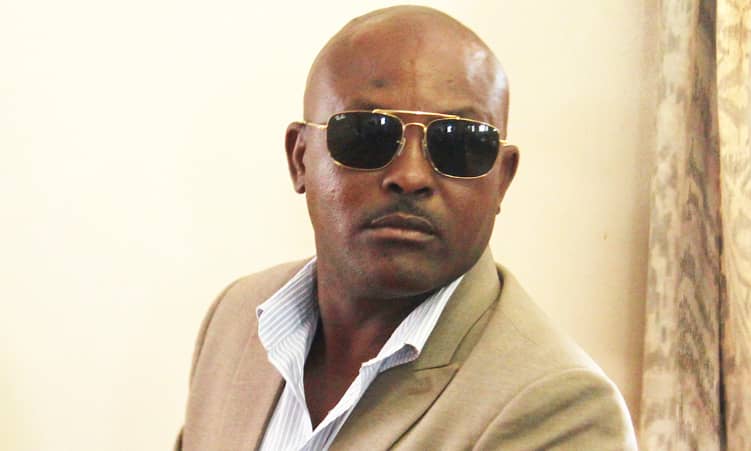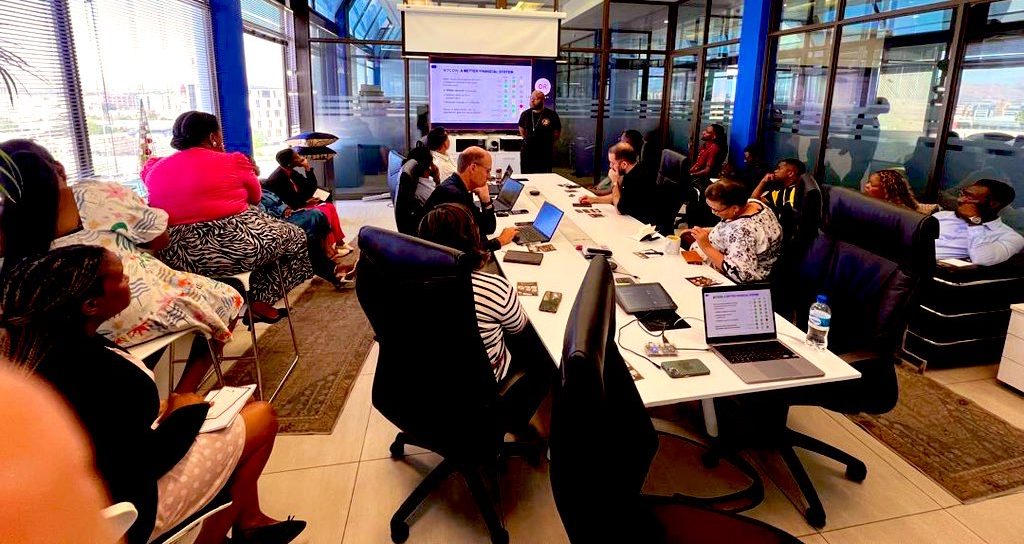Namibian University of Science and Technology (Nust) lecturer, Hugh Ellis was recently awarded Wits University’s William and Ntihila Kupe Prize.
Earning the accolade which recognises postgraduate research excellence for his PhD thesis entitled ‘Owning the Image: Photography as a Means of Empowerment in Contemporary Namibia,’ the Nust Department of Communication lecturer is honoured to be acknowledged for his contribution to research regarding photography which he describes as his first love.
“The prize has only been awarded a few times as it’s only given when sufficiently deserving candidates are nominated,” says Wits professor of media studies Nicky Falkof who adds that Ellis shares this prize with Catherine Duncan from the Wits School of Arts in an unprecedented show of dual merit.
“Hugh’s thesis was one of the most insightful pieces of academic work I’ve supervised. He undertook a series of photography workshops with people who could be considered less privileged by virtue of economic status, sexual orientation, gender, age, indigeneity and location, then handed cameras over to them, giving them the chance to document their lives and environments in their own terms.”
Working alongside various trainees and photographers as well as Sekai Hartz and Jethro Kwenani who acted as student technical assistants during his study, Ellis’ award-winning thesis explores photography with four Namibian community-based organisations – Sister Namibia, Physically Active Youth, the Women’s Leadership Centre and the //Ana-Djeh San Trust.
“I conducted interviews and, more importantly, did immersive observational research by volunteering as a photography trainer in these four organisations,” Ellis says of his study which is concerned with whether learning about photography was empowering for members of these organisations, if it heightened awareness of social issues, inspired change in the community or altered existing viewpoints.
“I was also interested in how learning is often complicated by issues of privilege. Many photographers and media teachers both here and globally are from much better-off communities than their learners,” says Ellis.
“I wanted to see, would a white, male, middle class person, like me, teaching photography to, say, working class black lesbians – one of my photography groups was mostly composed like that – compromise what the participants got out of the project? And if so, how could the effects of these differences in privilege be mitigated?”
Existing within a larger conversation about the colonial gaze and the power dynamics inherent in the creation of images of marginalised communities, Ellis confirms that his role as “well-meaning privileged person” should be duly interrogated.
“Hopefully research like mine and others will help to ensure that we don’t end up doing more harm than good,” he says. “Marginalised people do, literally, see the world differently than those with power, and unless they are included in media and arts spaces as photographers, videographers, etc., society as a whole will be poorer.”
Turning what Falkof describes as “the looked at” into the “lookers”, Ellis’ thesis – which will soon be available to read at Wits’ online repository – is notable in the fact that its most salient points will resonate and draw parallels far beyond Namibia.
“Hugh’s work facilitated a different way of looking at Namibia and Namibians, in which the power of the camera could be skillfully manipulated by people who are usually expected to stand in front of it and look ‘exotic’,” says Falkof.
“He also offered some important discussion of what it means to be a privileged white educator in this sort of context, and how those of us who do this work need to be aware of how our status can affect teaching and learning. The questions of who has the power to look and how, and of how we deal with issues of privilege in the classroom, have relevance across the global south.
It’s a project I’m very proud to have been involved with. Nust is lucky to have him on their academic staff.”
Stay informed with The Namibian – your source for credible journalism. Get in-depth reporting and opinions for
only N$85 a month. Invest in journalism, invest in democracy –
Subscribe Now!






